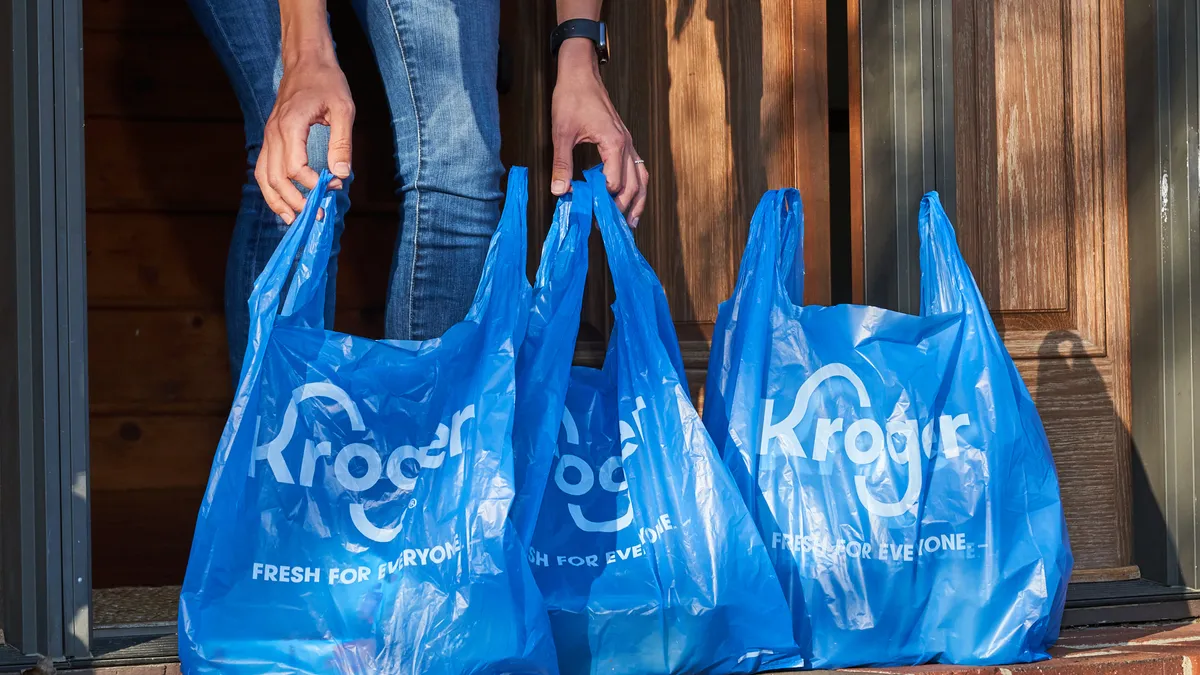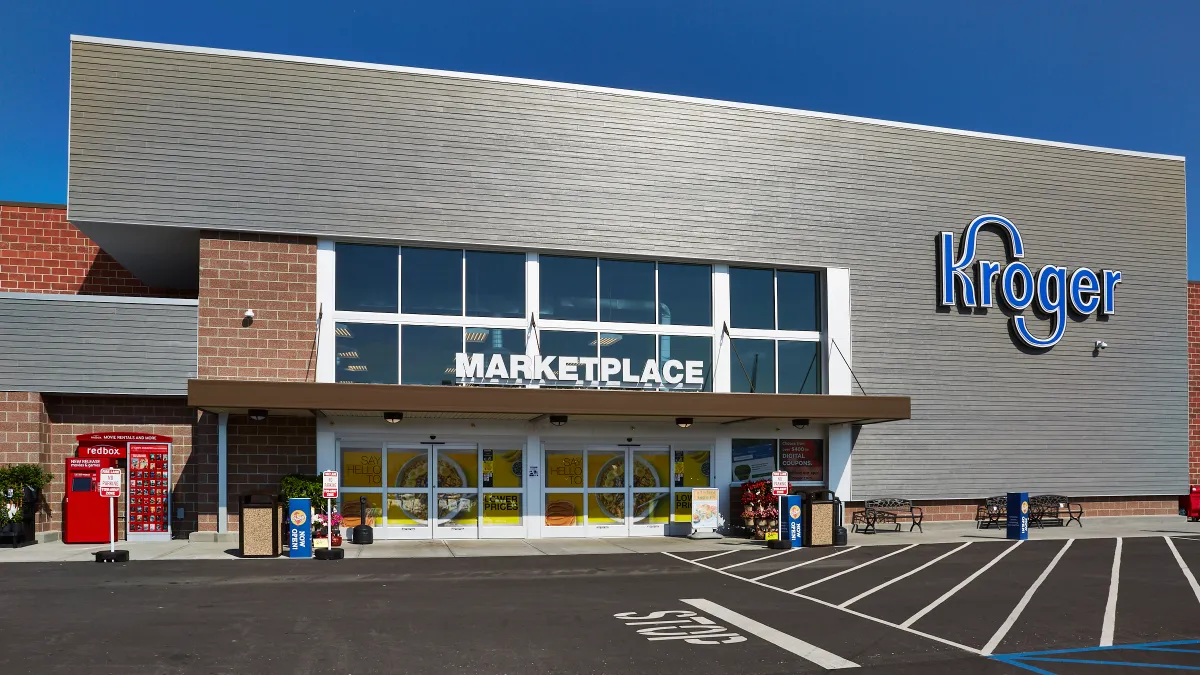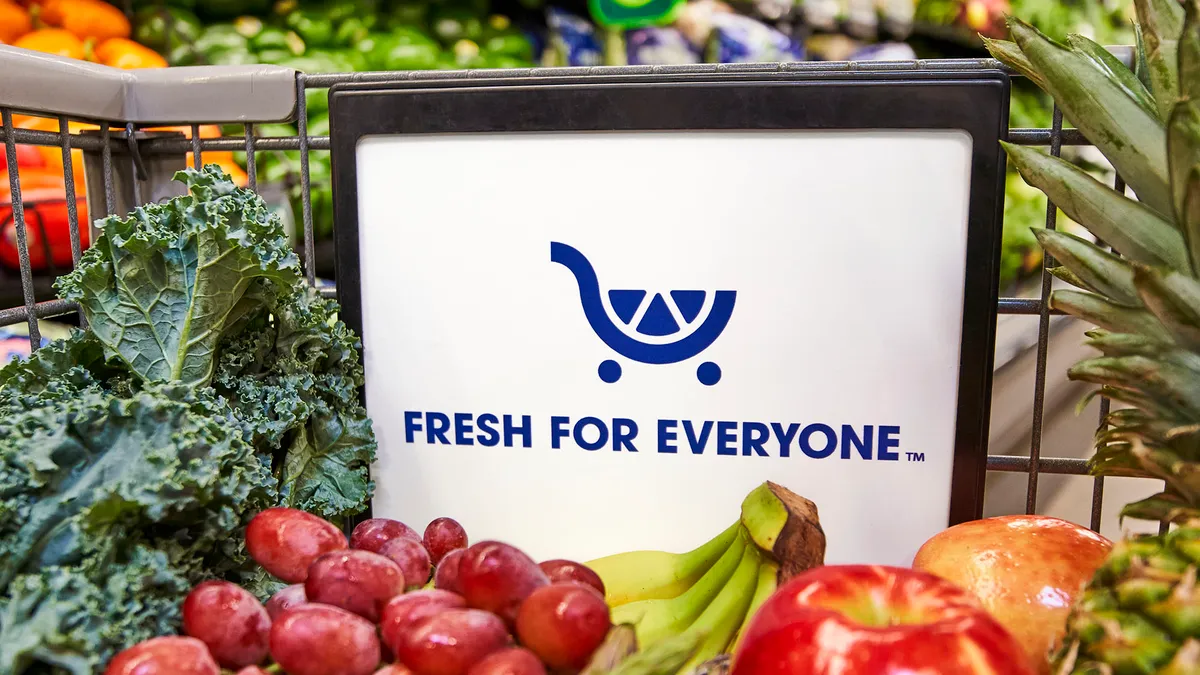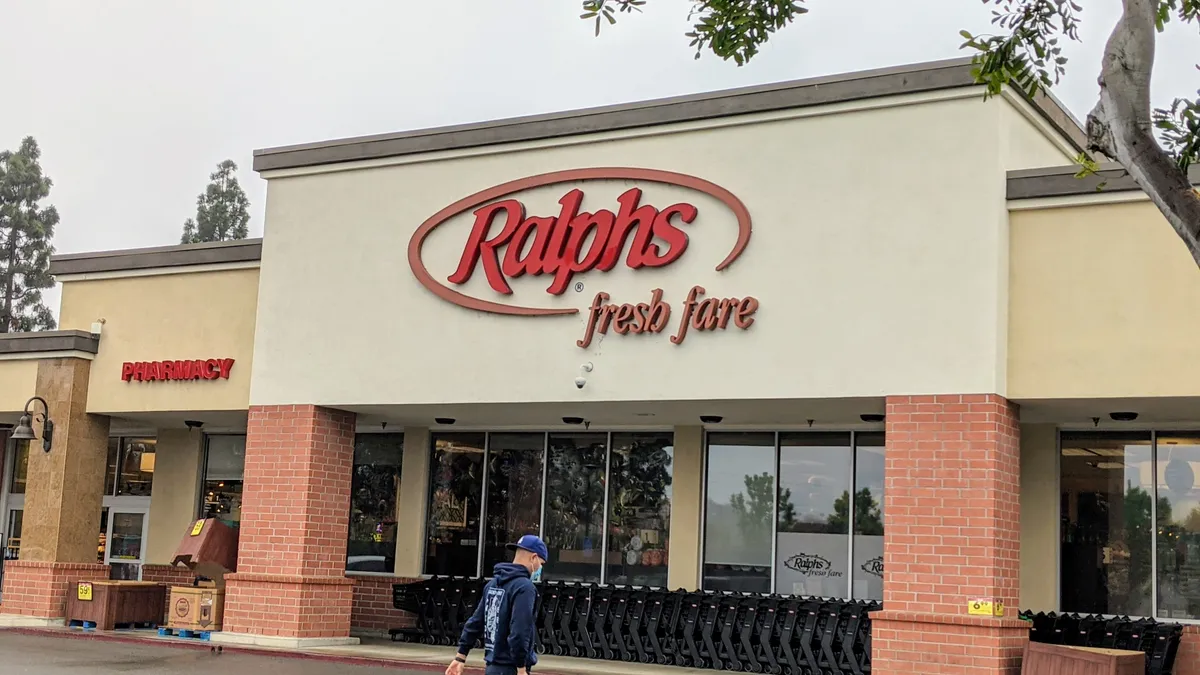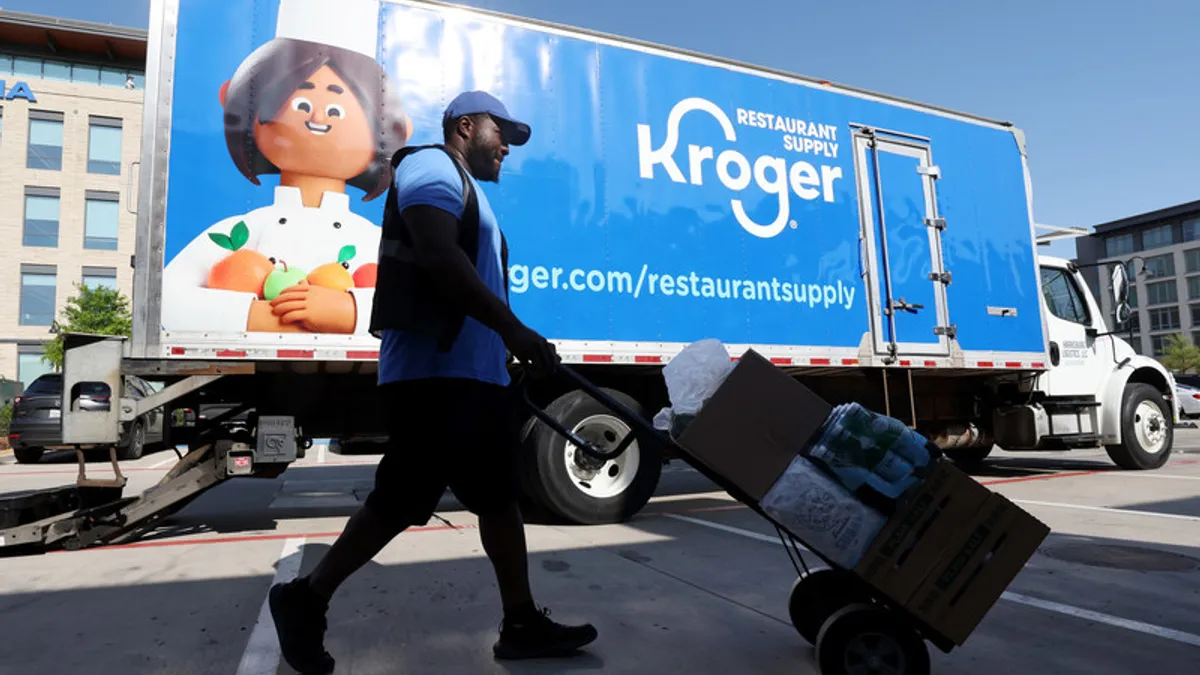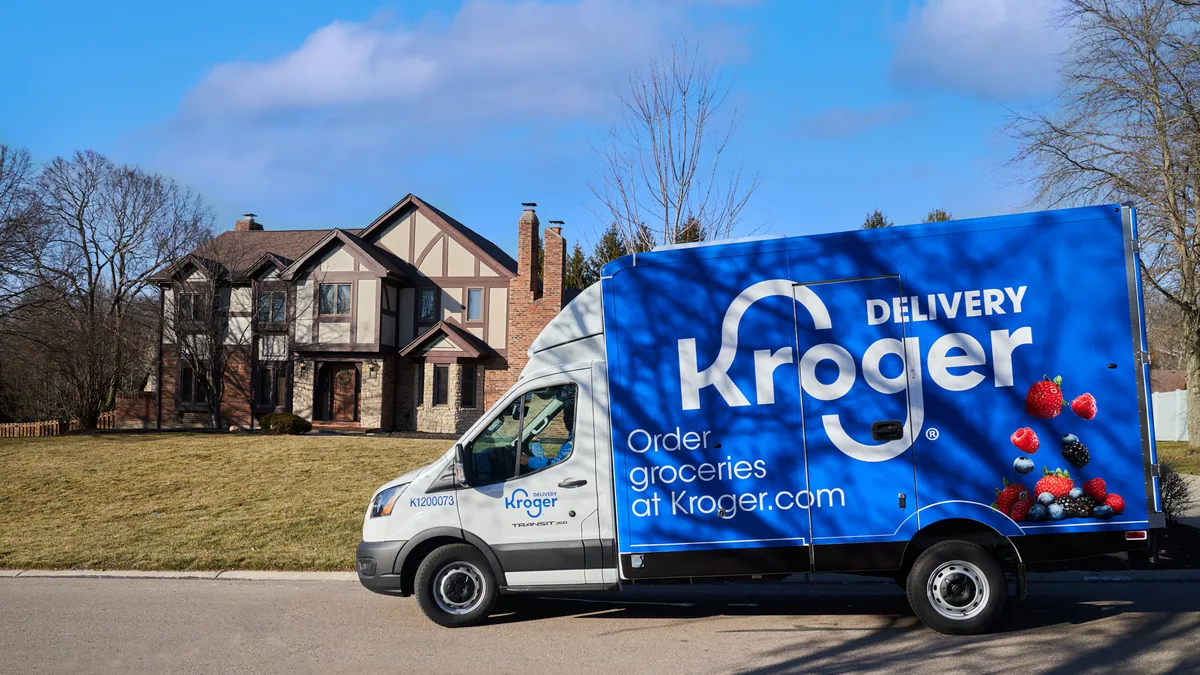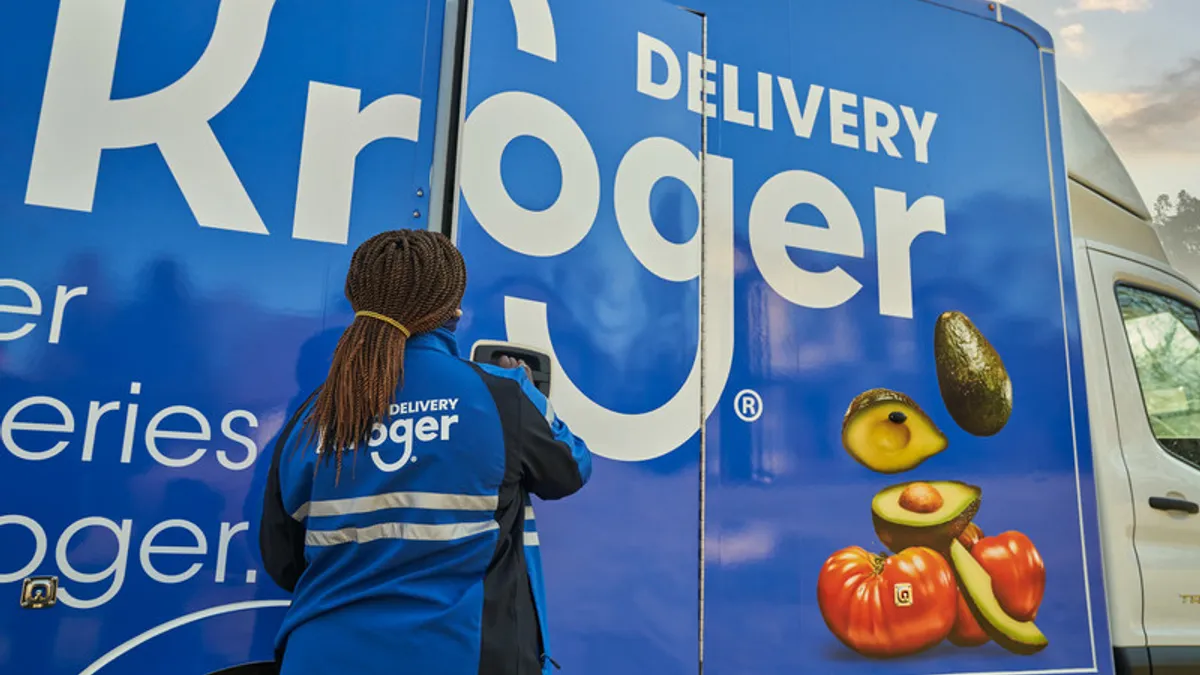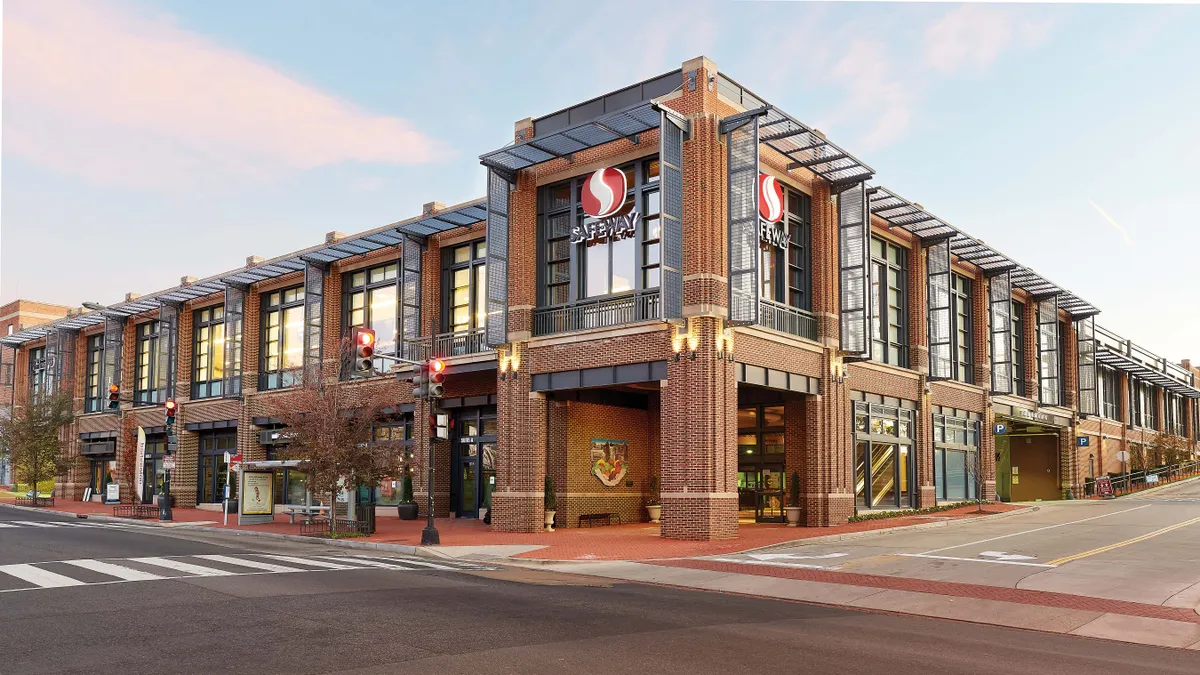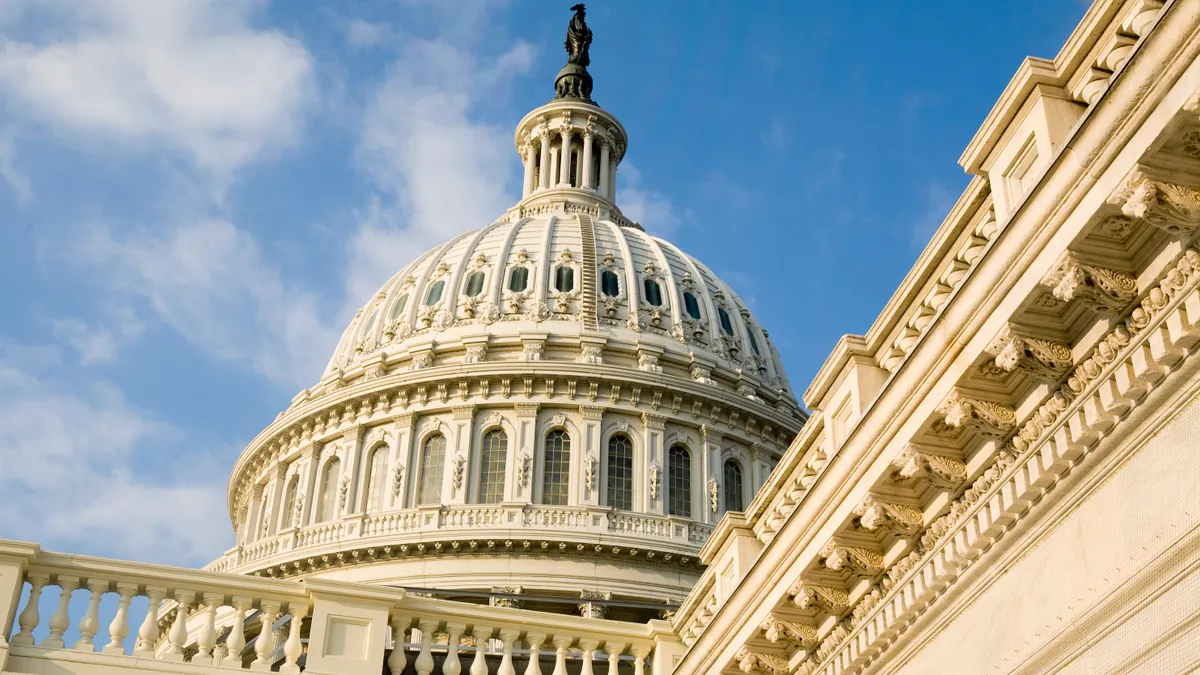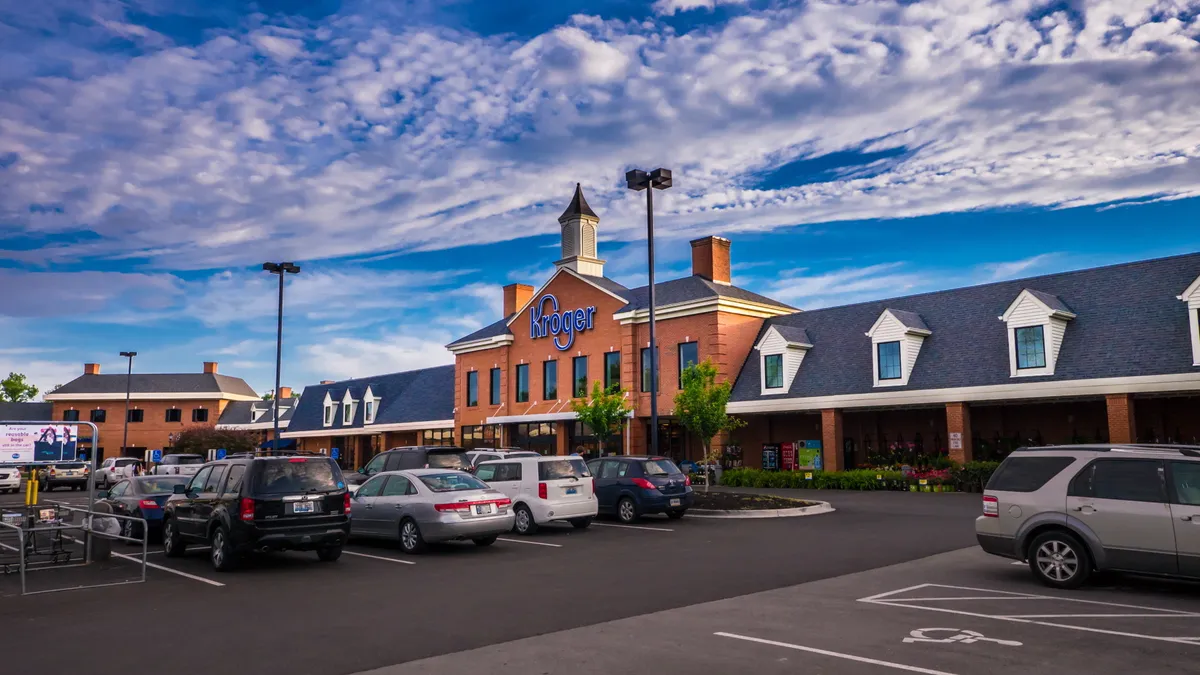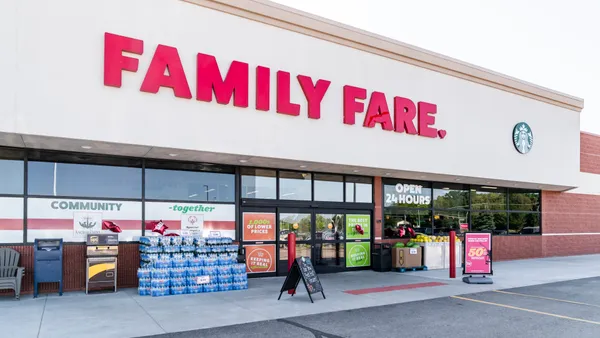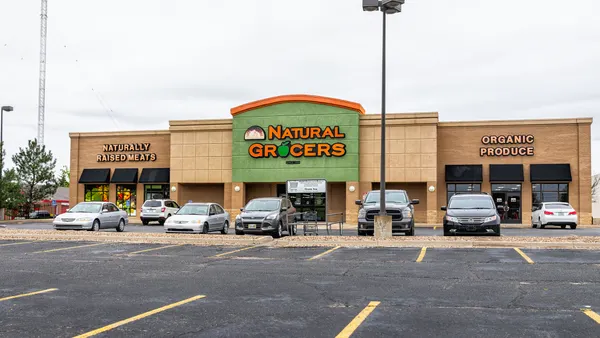Shortly after Kroger and Albertsons’ merger announcement on Friday, the National Grocer Association (NGA) released a statement from its president and CEO, Greg Ferrara, expressing concern about the “unprecedented dominance over the nation’s food supply chain” that the combined company could have.
Chris Jones, NGA’s senior vice president of government relations and counsel, expanded on that view in a Monday morning interview, noting that the merger would create a “second indispensable buyer” for suppliers in addition to Walmart.
“What we've seen over the years is that with grocery reconsolidation comes more firepower and leverage of the consolidated firms, which allows a handful of players to use that leverage to command preferential terms from suppliers,” Jones said.
He continued: “And that has a detrimental effect to competition, particularly for the independent grocer that does not have the kind of market power that allows them to command terms, and they're stuck with, a lot of times, less preferential terms, from everything from pricing to allocations of goods in short supply.”
According to Jones, suppliers have always been “beholden to their largest customer,” creating an unfair power dynamic. In order for independent grocers to survive in this atmosphere, their only option is to compete with quality, convenience, customer service and other actions that promote loyalty among their customer base, Jones said.
Baron’s Market, an independent grocer based in Southern California, sees the merger as an opportunity to lean into these qualities and for smaller grocers as a whole to showcase where larger chains fall short.
“When big grocery store chains merge together, these organizations tend to focus on the bottom line rather than their customers and employees,” Baron’s Market Senior Vice President Rachel Shemirani said in an emailed statement. She noted the deal would likely result in store closures and layoffs that would lead shoppers and workers to local independent grocers.
“If and when this merger is finalized, it will shine a spotlight on the flexibility, heart and passion that independent grocery stores have,” Shemirani noted.
The NGA has recently advocated for fairer rules around supply chain operations and merger agreements, noting the growing heft large companies have gained in supplier dealings.
In March, the NGA stated in a white paper that independent grocers are facing economic discrimination from anti-competitive practices of big box stores as well as large e-commerce retailers, leading to supply chain concentration. A month later, the association filed comments with the U.S. Department of Justice and the Federal Trade Commission urging the agencies to “modernize” merger guidelines to address “anticompetitive effects” deals can have.
Though these comments were filed well before the Kroger-Albertsons merger, the concerns are still the same.
“When we filed our comments, what we said was we're not so worried about consolidation itself — we're worried about the power that that gives that combined firm over the food supply chain,” Jones said.
Moving forward, the NGA’s next steps will include soliciting feedback from its membership as well as looking at markets where Kroger and Albertsons compete to ensure they remain competitive for everyone in the industry, Jones said. At this point, he said, the NGA has no plans to oppose the merger.



